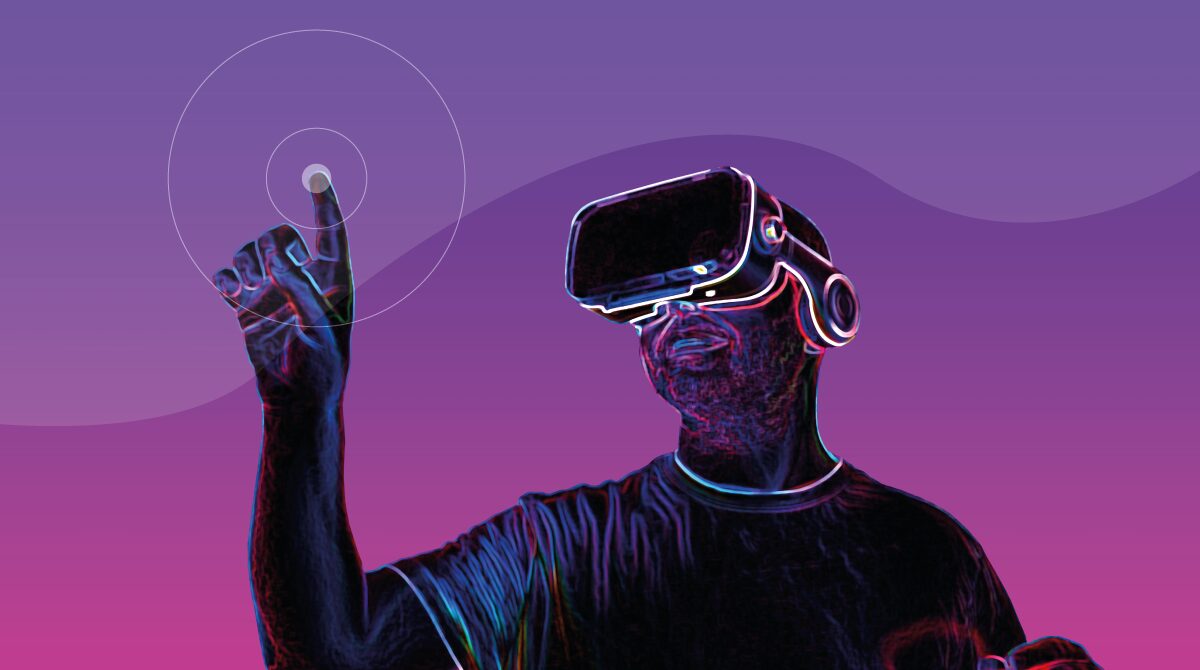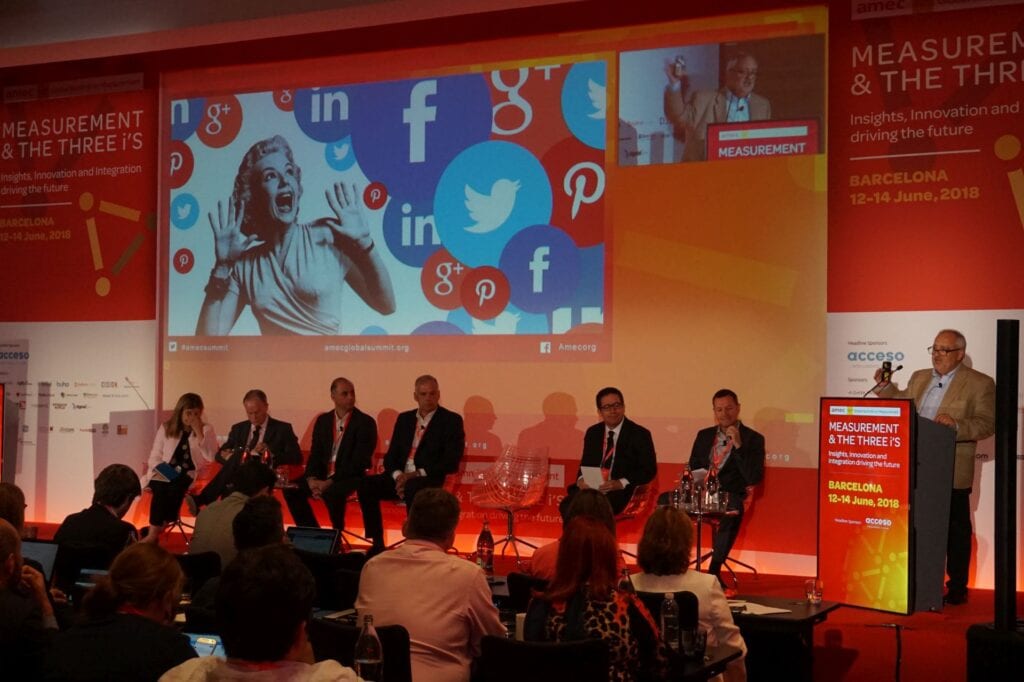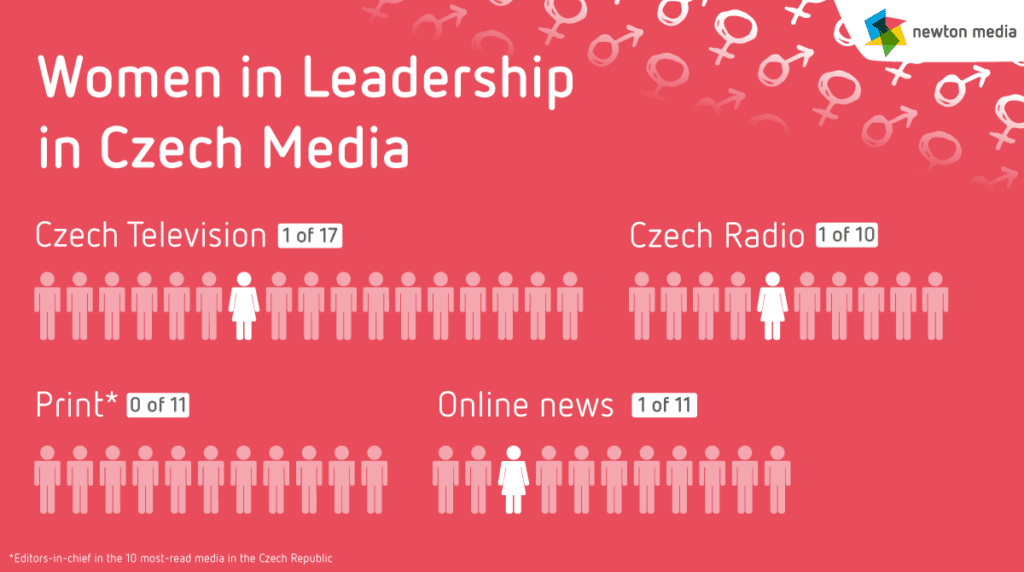At the end of March, FIBEP held its Spring Summit in Athens. The association brings together companies working in media monitoring and communication measurement. This time, one of the thought-provoking topics presented at the summit was the Metaverse. The buzzword we often hear.
For most of us, it is an unknown world. We have no idea how and according to what rules it will work. Mark Zuckerberg recently renamed his Facebook, which is now part of Meta Platforms, and said he wanted to focus on developing the so-called Metaverse – a virtual world focused on social contacts. This was a topic for Louis Rosenberg, founder of the American technology company Unanimous AI, who brought to the conference contribution called Metaverse – Opportunities, Threats, and Regulation. He assumes two levels of Metaverse will be created: one fully virtual, where each user will have their own avatar, and/or augmented one, which will work as another layer of the real world.
Metaverse differs from current social networks mainly in the amount of data it aims to collect about users and utilize for personalized advertising. It will also present advertising to users in a nontraditional way. On social networks, the „big brother“ can now easily find out where we click, what we buy, and who we talk to. But Metaverse will go even further. It will monitor where we go, what we do, or how we look. It will also evaluate our posture, facial expression, tone of voice, or health condition. The platform will collect this data automatically, which will be necessary for the platform to work.
Today’s social media allow us to target advertising and news. Imagine where product placement can shift in Metaverse when the company has so much personal information available. Virtual ambassadors will thrive on this new situation. It reminds me a bit of the movie Inception, where the protagonist tries to put an idea in the head of the poor heir of the empire. In Metaverse, the provider captures the client’s product or content, adapts it based on the data to individual users, and inserts it into the user’s virtual world through an individualized experience. For example, I will walk down the street, and virtual people will walk around me carrying a drink of a certain brand. Similarly, I can be drawn into a conversation by an artificially created avatar, an agent who will try to pass on me an experience about the product or a political opinion.
The danger is that one can lose track of what is real and not realize that it is the goal of virtual product placement. Recent research from Lancaster University has shown that people cannot distinguish artificial faces from real people and that artificial people are more trustworthy. This means that advertisers are likely to stop hiring actors and influencers in the future, and instead, they will use ambassadors created by artificial intelligence.
Louis Rosenberg expects people to spend more than 2 hours a day in Metaverse within ten years. They will go shopping, socialize, and enjoy entertainment. Given that his company has developed a platform that has successfully predicted answers to various questions, I would probably believe his prognoses. In that case, we must monitor how Metaverse develops and virtuality changes people’s behavior and ways of communication. And, of course, keep a close eye on the direction in which the regulation of personal data collection and the transparency of virtual product placement go.
Magdalena Horánska, CEO NEWTON Media SEE and FIBEP Secretary General.






